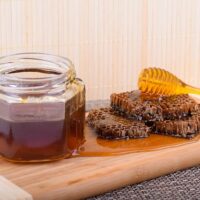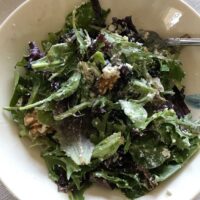Some Coffee Caffeine Chatter
I hope those of you who love donuts enjoyed your special day last week. Mr. Non-Compliant was caught savoring a blueberry sour cream donut from Rise’n Roll.
He said it was amazing and is considering having another one before next year’s donut day celebration. 
If you see him at Rise’n Roll, be sure to take a picture and let me know.
For my coffee lovers, here’s a tidbit that you may find interesting.
Light roast coffee tends to be slightly higher in caffeine content than dark roast when measuring scoop for scoop.
Some studies have shown a difference of 9 mg of caffeine (per half cup) between light and dark roast coffee, with lighter roasts containing the larger amounts.
Because the light roast beans spend less time in the roasting process, they are slightly smaller than medium and dark roast beans. Therefore, when measuring by volume, you’ll get more coffee beans per scoop with light roast. More beans equals more caffeine.
When measured by weight, the difference is insignificant.
Another tidbit: Dark roast coffee is less acidic than light and medium roast. If you suffer from heartburn or other digestive issues, dark roast may be a better option.
I am a fan of Lifeboost Coffee. It’s organic, low acid, roasted fresh in small batches when you order, 3rd party tested for molds, bacteria, heavy metals, pesticides and 400 other toxins.
There are a variety of coffee flavors to choose from, although I find the basic dark roast to be delightful.
If you enjoy coffee and must avoid it due to its acid producing qualities, or if you are searching for a “clean” coffee, you may want to give Lifeboost a try. Check it out at www.lifeboostcoffee.com
Cheers!
Much love,
Health Coach Carol
“I wake up some mornings and sit and have my coffee and look out at my beautiful garden, and I go, ‘Remember how good this is. Because you can lose it.'” —Jim Carrey








